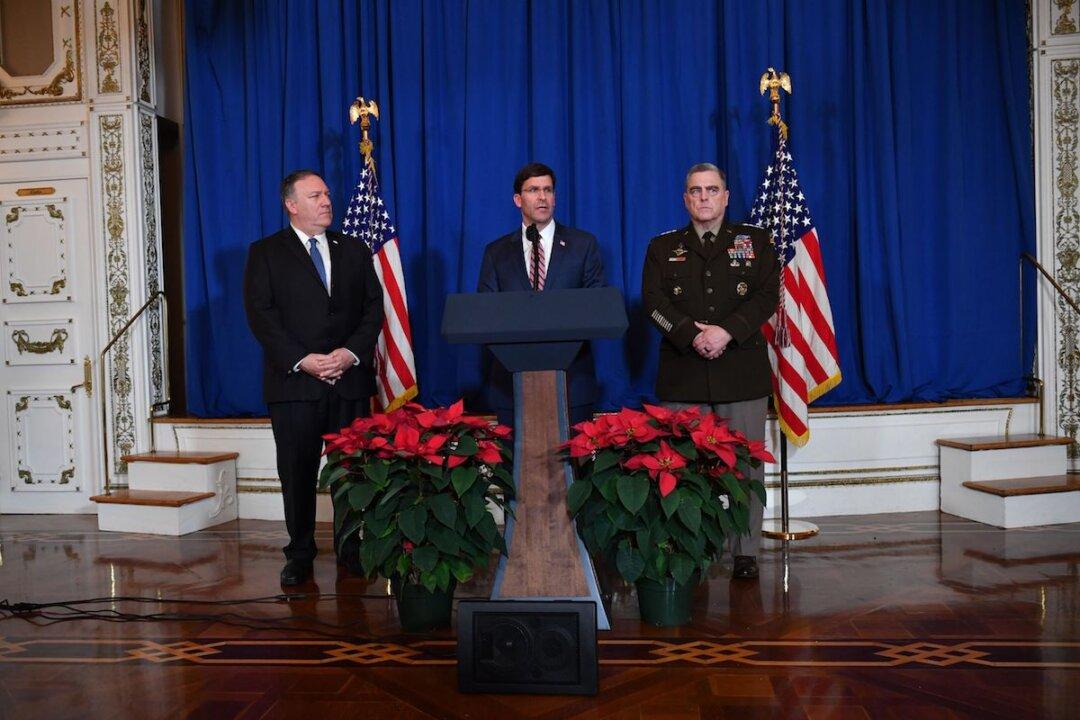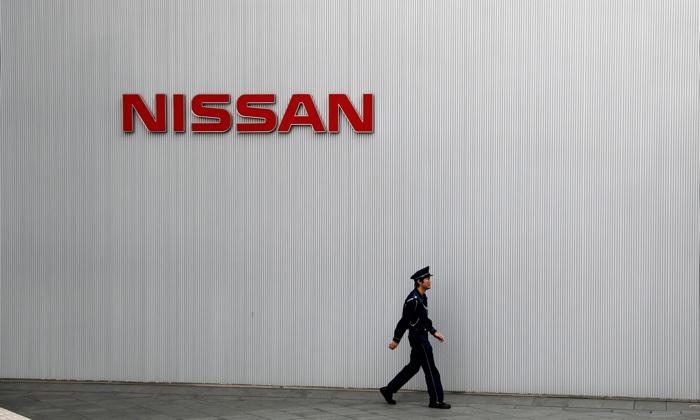The U.S. airstrikes on five bases in Iraq and Syria used by an Iranian-backed terrorist group sent a warning to Tehran that President Donald Trump’s patience has its limits.
“One of the things that we want to emphasize is that this was a defensive action that was designed to protect American forces and American citizens in Iraq,” Brian Hook, the State Department’s Iran envoy, said in a telephone briefing Monday. “We’re also working on the mission set of restoring deterrence against Iranian aggression.”




